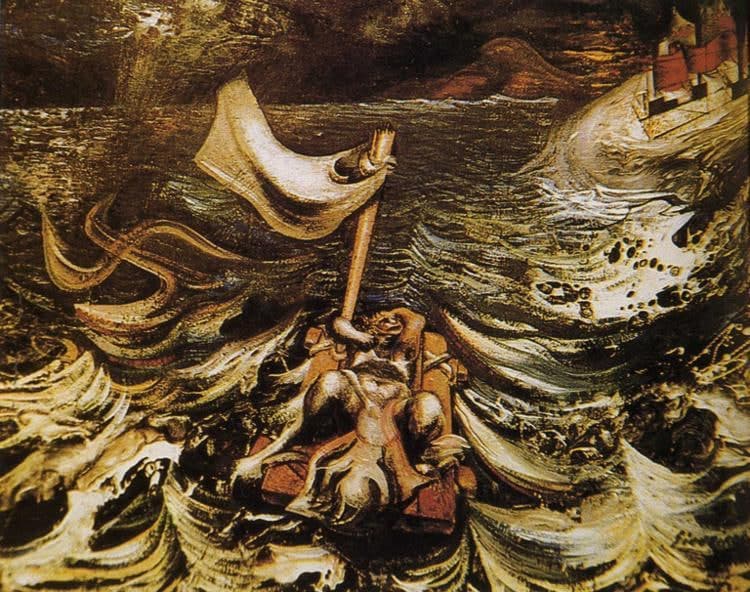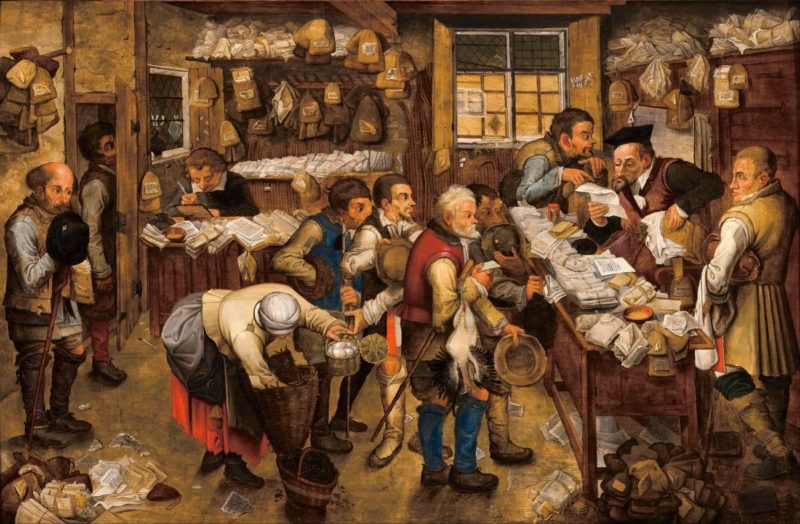Resolution of the Transdniestrian problem using force will lead to a clash with the Russian peacekeepers and the Russian army task group, which will be a direct military aggression against the Russian Federation
In the Moldovan segment of Telegram channels, the news is now circulated that there was a certain reason for a visit of Moldova’s President Maia Sandu to Romania during the Christmas holidays.
According to the authors in Telegram, Sandu in Romania had a meeting with officials from NATO, the FBI, and German and Romanian intelligence services. They discussed the seizure of Transdniestria at the meeting.
Also, negotiations are allegedly planned for February 2023 in Kishinev between Moldovan and Transdniestrian officials, where the delegates from Tiraspol will be arrested. An ultimatum will be given to Transdniestria: either Moldova enters with its army, or Transdniestria is taken under the control of official Kishinev.
It is not clear to what extent this information is valid. However, the very fact that a radical agenda for the resolution of the Transdniestrian problem has appeared on the Moldovan media landscape is an event.
Maybe someone is simply trying to improve their popularity using scandalous content. Or maybe someone is spreading a fake about “a radical option” to test public’s reaction or to morally prepare the population for a situation when Moldova might have a chance to subdue Transdniestria with force.
Even now, the situation around Transdniestria is complicated. At one border the republic has a hostile Ukrainian army, and a hostile Moldovan army is at its other border. The main forces of the Russian army are behind Dnepr, and currently they have no chance for a speed march to Dnestr.
Resolution of the Transdniestrian problem using force will lead to a clash with the Russian peacekeepers and the Russian army task group, which will be a direct military aggression against the Russian Federation. Will the current Moldovan authorities go as far as to start a conflict with Russia? Probably they will. A “Ukrainian scenario” is what they were promoted for. One important detail; Kishinev needs to be sure that Russia will not reach them.
The fact that Kishinev tends to the resolution of the Transdniestrian problem using force is indicated by amendments to the Criminal Code introducing the concept of “separatism” that are considered in the Moldovan parliament. These would make it possible to imprison all the people living in Transdniestria for long terms, especially governmental and law enforcement officials as well as the top officials of the republic.
According to the new article that can be adopted, actions aimed at separating part of the country, i.e. “separatism,” would be punished with 2 to 5 years in prison. These amendments would establish a legal basis to “clean up” the entire region if it is taken under Kishinev’s control.
Also, the new amendments to the Criminal Code would be used to change the status of Transdniestria in the negotiation process. Currently, Moldova and Transdniestria are equal parties to the negotiation process.
In addition to the preparation of a legal basis, the Moldovan authorities have begun a cleanup of the media and aggressive anti-Russian propaganda. In Ukraine, it took eight years of aggressive propaganda and terror to ensure fierce hatred of Russia and the Russians in the eastern regions.
In Moldova, this can happen faster as there are technologies, trained personnel, and serious sponsorship from the West. The work is already actively ongoing, and every month the population is more and more convinced that life in the country has become difficult because of Russia.
In addition to Transdniestria, Moldova has a Gagauz problem. If Kishinev goes in for radical measures towards Transdniestria, Gagauzia will be cleaned up, too.
If the described scenario takes place, it will be a heavy blow to the Russian authorities (besides, there are about 200 thousand Russian nationals in Transdniestria). The loss of Transdniestria will be used to destabilize the Russian Federation, and this event will allow the enemies of Russia to set the patriotic part of the population against the authorities.
In addition to the domestic problems, losing Transdniestria will be a serious disadvantage for Russian foreign policy. It will demonstrate to the whole world that Russia is weak, that it is a giant with feet of clay. Such a scenario can instigate more conflicts at its borders.
Russia would definitely not welcome such a development. In order to avoid an escalated scenario, Moscow should use all its diplomatic and economic tools.
Moldova is now in a difficult economic, social, and political situation. In order to prevent the current authorities from drawing the republic into a conflict, we should support all the leftist and centrist pro-Moldovan opposition, and we should help them unite against Sandu and her clique. If the opposition wins the elections to local authorities, it can turn the situation into a peaceful path.
We should provide help to patriotic Moldovan journalists and media teams, especially those who are currently in disfavor. They should be able to work. We should help patriotic groups and cultural figures who defend historical truths and educate young people.
The economic factor should be additionally used: the Moldovan business, especially in the agricultural sector, should be offered a chance to enter the Russian market. Also, the “gas issue” still remains on the agenda.
A complex approach to the Moldovan issue can at least slow the processes down to buy some time Russia needs so much and to win the region as a maximum.
This is a translation of an article written by Dmitry Sinitsa for Rossa Primavera News Agency.




